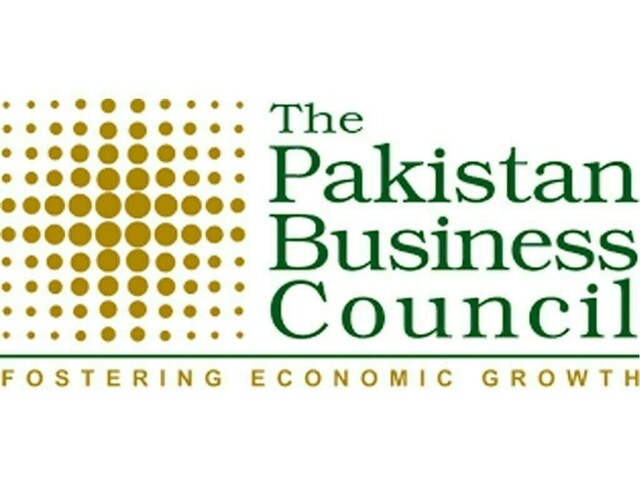KARACHI: Ehsan Malik, Chairman of the Pakistan Business Council (PBC), has cautioned against the global rise in protectionism, particularly US tariffs, warning that such moves could derail trade flows.
Speaking at the German Chamber of Commerce Abroad (AHK) gathering, hosted by the Consulate General of the Federal Republic of Germany on Tuesday, Malik emphasised that tariffs not only distort resource allocation but also undermine consumer value and sustainable job creation.
He also highlighted Pakistan’s fragile but improving macroeconomic outlook. He pointed to the country’s ongoing IMF program, improved foreign exchange reserves, sharply higher remittances, and the lowest fiscal deficit in 20 years as signs of stabilisation. “We’re seeing early signs of recovery,” he said, adding that Pakistan has also benefited from low global fuel costs and a strong wheat crop, contributing to the lowest inflation in years.
However, he warned that much work remains. Political uncertainty, regional unrest, and stalled reforms continue to pose significant risks. He criticized the lack of coordinated economic leadership and called for urgent reforms to unlock foreign direct investment and support business growth.
On US tariffs, Malik underlined the importance of the American market, noting its $27.7 trillion GDP and massive consumer base. “The US cannot be ignored. Tariffs may be a tool, but the objective must be fair and balanced trade,” he said.
Malik stressed that Pakistan’s tax-to-GDP ratio should not be the sole focus. Instead, fiscal policy must aim to foster investment, support exports, and create jobs. “Tax collection is the outcome of smart policy—not the starting point,” he remarked.
German Consul General Rüdiger Lotz welcomed participants at the event, acknowledging the complex global landscape. “The geopolitical situation is not easy — we all know the world is facing significant challenges,” he remarked.
He noted that the world is changing rapidly, and Europe, including Germany, is actively seeking new paths for energy security, trade, and stability in response to these geopolitical shifts. “Europe in general and Germany in particular, continue to believe in an open and globalised world economy,” he emphasised, adding that the imposition of tariffs is the wrong response to economic crises.
Consul General Lotz also highlighted Germany’s ongoing focus on domestic investment, especially in infrastructure, education, schools, and healthcare. He acknowledged that business relations between Germany and Pakistan are improving, and noted that political stability in Pakistan would lead to greater economic stability, further strengthening bilateral ties.
The event featured the a panel discussion titled “US Tariffs – Implications and Opportunities for the Pakistani Economy.”
The discussion explored opportunities for Pakistan arising from shifting global trade patterns and tariff realignments, as well as the investment, financing, and logistics challenges tied to sustaining competitive exports amid market volatility. Panelists also addressed evolving policy signals from major trading partners and their implications for Pakistan’s economic strategy.
The panel included Ehsan Malik (CEO, Pakistan Business Council), Yousaf Bashir (Country Representative, Commerzbank Pakistan), and Fahd Jafri (Country Manager, Hapag-Lloyd Pakistan).
Copyright Business Recorder, 2025


